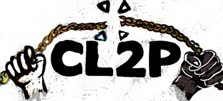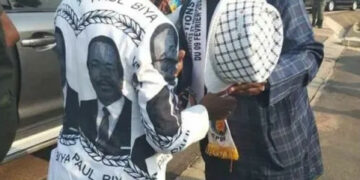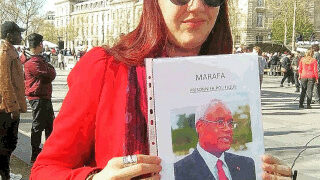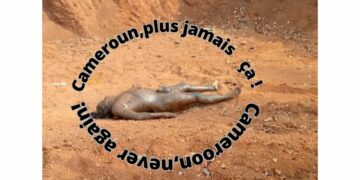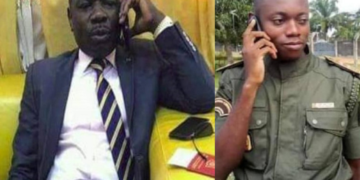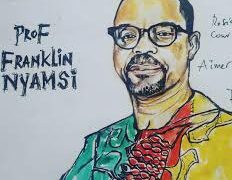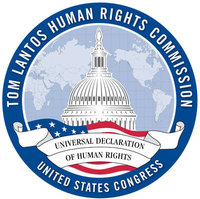 Human Rights in Cameroon
Human Rights in Cameroon
Announcement
Please join the Tom Lantos Human Rights Commission for a briefing on the human rights situation in Cameroon.
Cameroon has been governed by President Paul Biya and his Cameroon People’s Democratic Movement since 1982. Though Biya has cultivated a reputation for stable, albeit semi-authoritarian rule, tensions in the English-speaking provinces and the ongoing fight against Boko Haram in the far north have led to a deterioration in the country’s human rights situation. Biya is up for reelection to another seven-year term in 2018, having removed presidential term limits in 2008.
Cameroon’s Anglophone minority makes up between 13 and 25 percent of the population and lives primarily in the western part of the country. Tensions with the Francophone-led central government have increased since late 2016, when the government suppressed an Anglophone protest movement. Last year, the situation escalated when one Anglophone faction symbolically declared the secession of the region and some Anglophone groups took up arms. While granting minor concessions, the government has arrested dozens of activists and deployed the military to put down unrest. According to the United Nations, approximately 21,000 refugees have fled to neighboring Nigeria over the past year.
Since 2014, Boko Haram has reportedly killed nearly 1,000 civilians in the far north of the country. The armed group’s brutal and often indiscriminate attacks have included suicide bombings, the kidnapping of women and girls, and widespread looting and destruction of property. Cameroon has played a key role in regional efforts to counter Boko Haram. However, Cameroonian security forces have also reportedly perpetrated serious human rights abuses in the north, including enforced disappearances and torture, sometimes leading to death in custody. UN research has found that such abuses can undermine the effectiveness of counterterrorism efforts and increase local radicalization.
Panelists will discuss the heightened crisis in Cameroon’s diverse society, and offer policy recommendations for improving respect for human rights and mitigating the country’s political and security challenges.
Hosted by:
Co-Chair, TLHRC
Co-Chair, TLHRC
Participants
Panelists
-
Mr. Adotei Akwei, Deputy Director for Advocacy and Government Relations, Amnesty International USA
-
Mr. Jon Temin, Africa Director, Freedom House
-
Mr. E.J. Hogendoorn, Africa Deputy Program Director, International Crisis Group
-
Mr. Patrice Nganang, Writer and Professor, Stony Brook University
Moderator
-
Alexis Arieff, Specialist in African Affairs, Congressional Research Service
Opening Remarks
-
Rep. James P. McGovern, Co-chair, TLHRC
-
Rep. Jamie Raskin, Member, TLHRC
Source : Human Rights Commission
